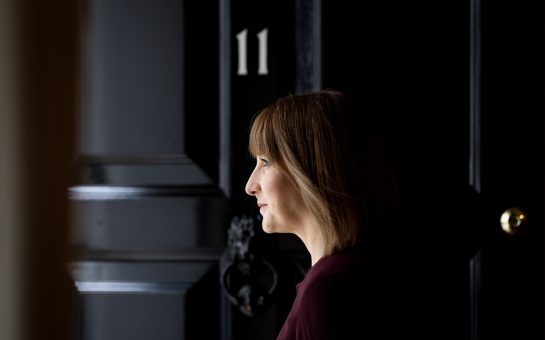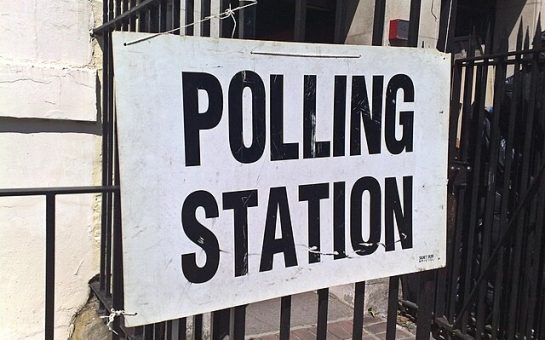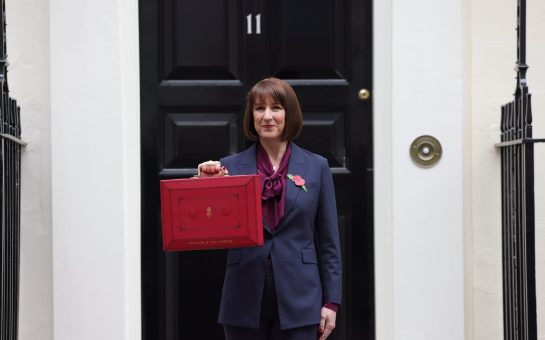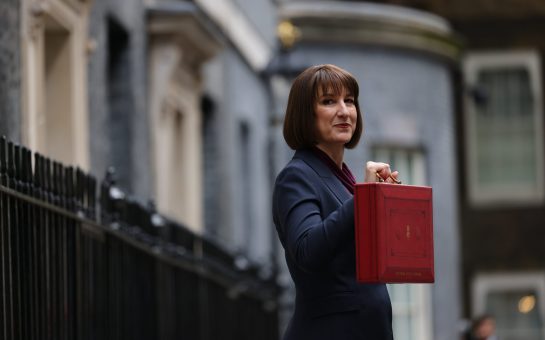Unless you’ve been living under a rock for the last 12 months, you probably don’t need reminding that the General Election takes place this Thursday.
The manifestos have been unveiled, the candidates have been out canvassing for our votes, and the party leaders have been constantly on our TV screens, trying to convince us that they are the best person for the job.
Of course, whatever your political allegiances, voting is your chance to influence the future of Britain, it’s your opportunity to have your voice heard, and to have your say on who should run the country.
But did you know that registering to vote brings a host of other benefits, outside of politics?
Were you aware that opting not to add yourself to the electoral register can affect your chances of securing credit or a mobile phone contract? Even if you’re still on the fence about who you’re going to vote for, if you aren’t sure whether or not you’re even going to register to vote, here’s some things to think about…
Have Your Say on Election Day
The choice about whether to vote or not is very much down to the individual – whatever the thoughts of those around you, only you can decide whether or not you vote on election day.
But if you don’t register on the electoral register, you won’t even have that choice. You simply won’t be able to vote.
Have Your Say on Local, National, and European Issues
The electoral register doesn’t just entitle you to vote in the General Election, it also allows you to have your say in any Local or European elections that you are eligible to vote in.
At any election in your area or country, one of the candidates will be selected to represent you whether you vote or not. If you’re registered, you’ll have the chance to have a say on who represents you by voting.
It’s also important that elections can be called at short notice (a UK Parliamentary general election, for example, can be called as late as 17 working days before an election takes place), so don’t leave it until it’s too late to have your say!
Securing Credit
Whether it’s a loan, mortgage, credit card, or other form of finance, whenever you apply for credit, the provider will run a credit check on you in order to assess your credit rating and obtain information about your credit history (if you’re interested to see your credit report, you can check your credit rating here for free).
Part of this credit check involves using the electoral register in order to confirm your address and identity – so if you’re not registered, you will not only lose your right to vote, but you may also be refused credit.
Mobile Phone Contract
And it’s not just your chances of securing credit that will be affected. If you’re applying to take out a new mobile phone contract, the phone provider will also more than likely run a credit check on you.
After all, they are often providing you with an expensive handset on the understanding that you will make your monthly bill payments, it’s easy to see why they might want to check that you are who you say you are, and you live where you say you live!
Again, if you haven’t registered to vote, you may well find yourself unable to take out the contract of your choice.
Jury Service
Many people don’t realise that the electoral register is used to call people for jury service, so if you choose not to register to vote, you’re also passing up your chance to play a role in the justice system.
Recent studies have shown that comparatively fewer young people and people from ethnic minorities register to vote, meaning that they are not only under-represented in the political system, but also in the legal system.
Image courtesy of Catholic Church England, with thanks



